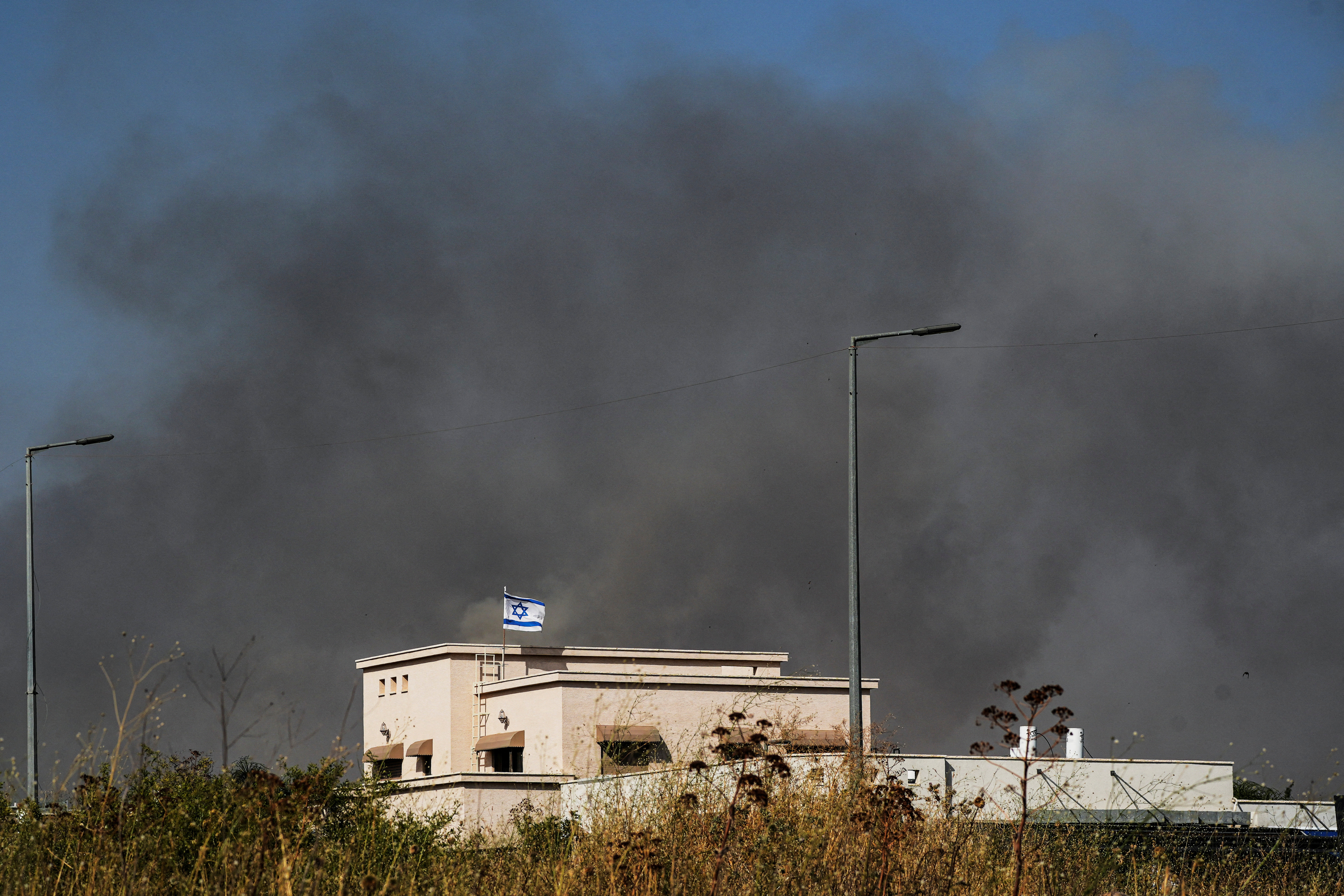
The Israeli Defense Forces (IDF) announced that their operation targeted sites connected to groups believed to be preparing for cross-border attacks. According to Israeli sources, the precision strike was intended to prevent an imminent threat to Israeli civilians and military personnel. This aggressive move follows a period of heightened tensions, characterized by increased military activity and rhetoric from both sides.
Lebanon’s response has been swift and critical. Lebanese officials condemned the airstrike, labeling it a violation of their sovereignty and an unprovoked act of aggression. The Lebanese government, along with several political factions, has called for international intervention to address what they view as a dangerous escalation of hostilities. The Lebanese army has reported damage to infrastructure but has yet to confirm the extent of casualties resulting from the strike.
The situation remains highly fluid, with international diplomatic efforts underway to de-escalate the conflict. The United Nations has expressed concern over the increasing violence and the potential for further civilian harm. Diplomats are engaging in discussions with both Israeli and Lebanese leaders to find a pathway to reduce tensions and prevent a broader conflict.
In the broader context, this incident adds to a series of confrontations that have plagued the region over the years. The Israeli-Lebanese border has long been a flashpoint, with periodic clashes between Israeli forces and Lebanese militant groups. The historical backdrop of this conflict includes territorial disputes, political unrest, and sporadic violence that has shaped the complex dynamics of the region.
The international community is closely monitoring the developments, with several countries urging restraint and calling for renewed negotiations. The situation’s impact on regional security is profound, as both nations face internal and external pressures that could influence their next moves. Analysts suggest that the ongoing conflict might lead to further regional destabilization, potentially drawing in other actors and exacerbating an already tense environment.
As the situation evolves, the international community’s role in mediating between the parties and seeking a resolution becomes increasingly critical. The immediate focus remains on preventing further escalation and addressing the humanitarian concerns that arise from the conflict. The coming days are expected to be crucial in determining the trajectory of this latest crisis and its implications for the broader Middle Eastern geopolitical landscape.
Topics
Spotlight
